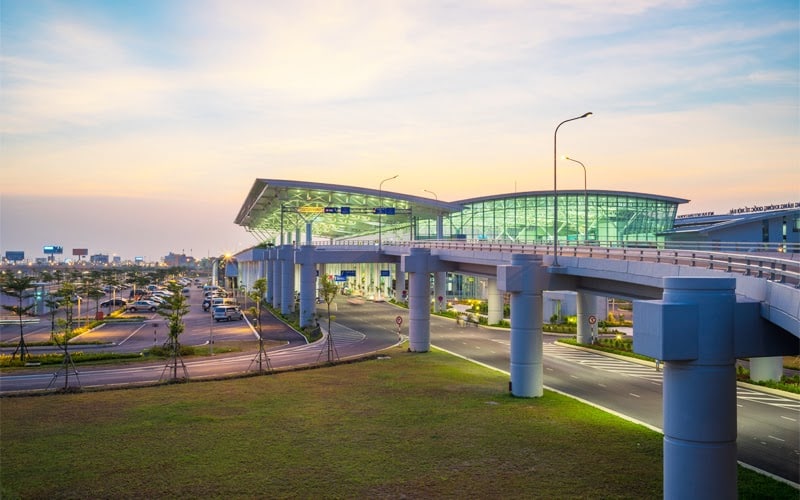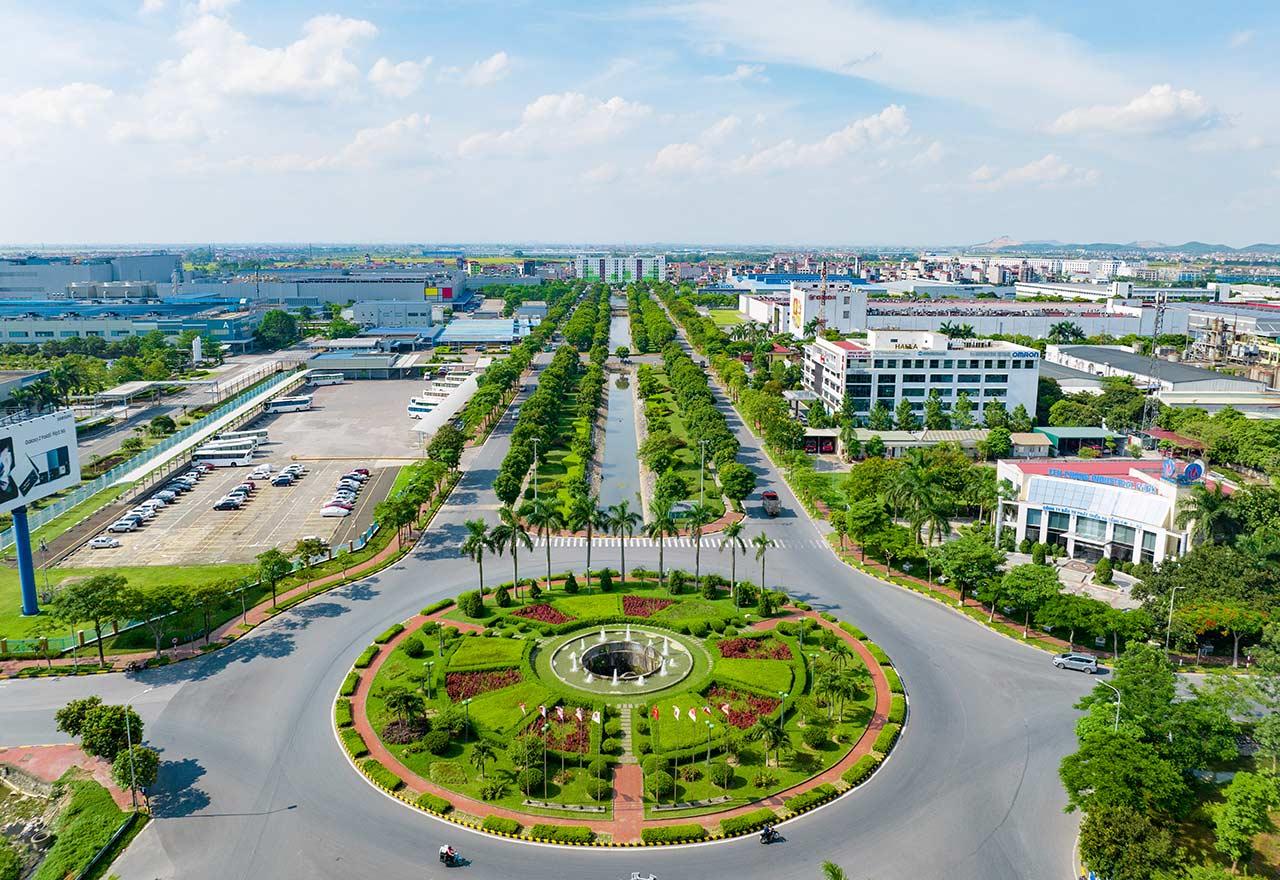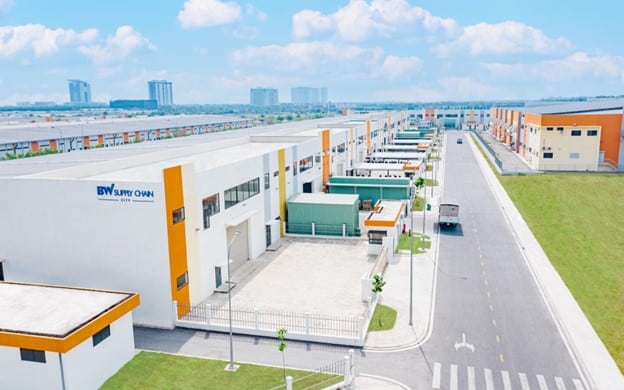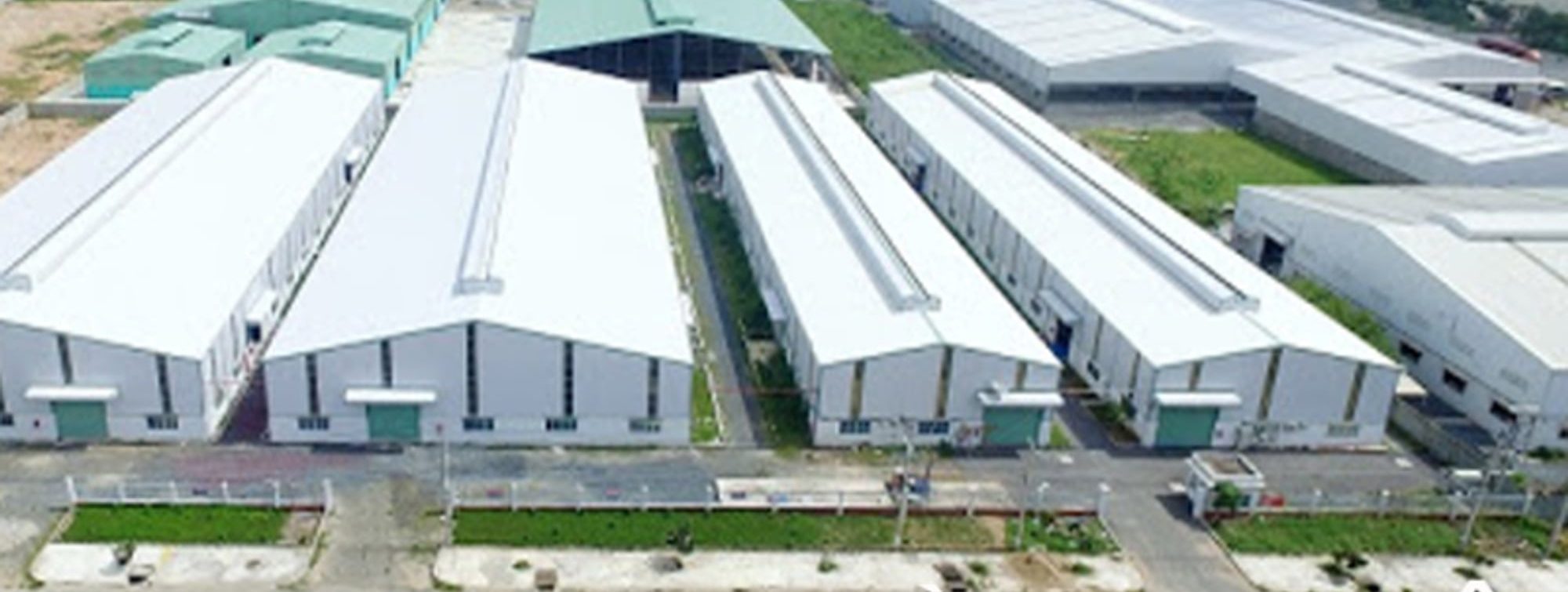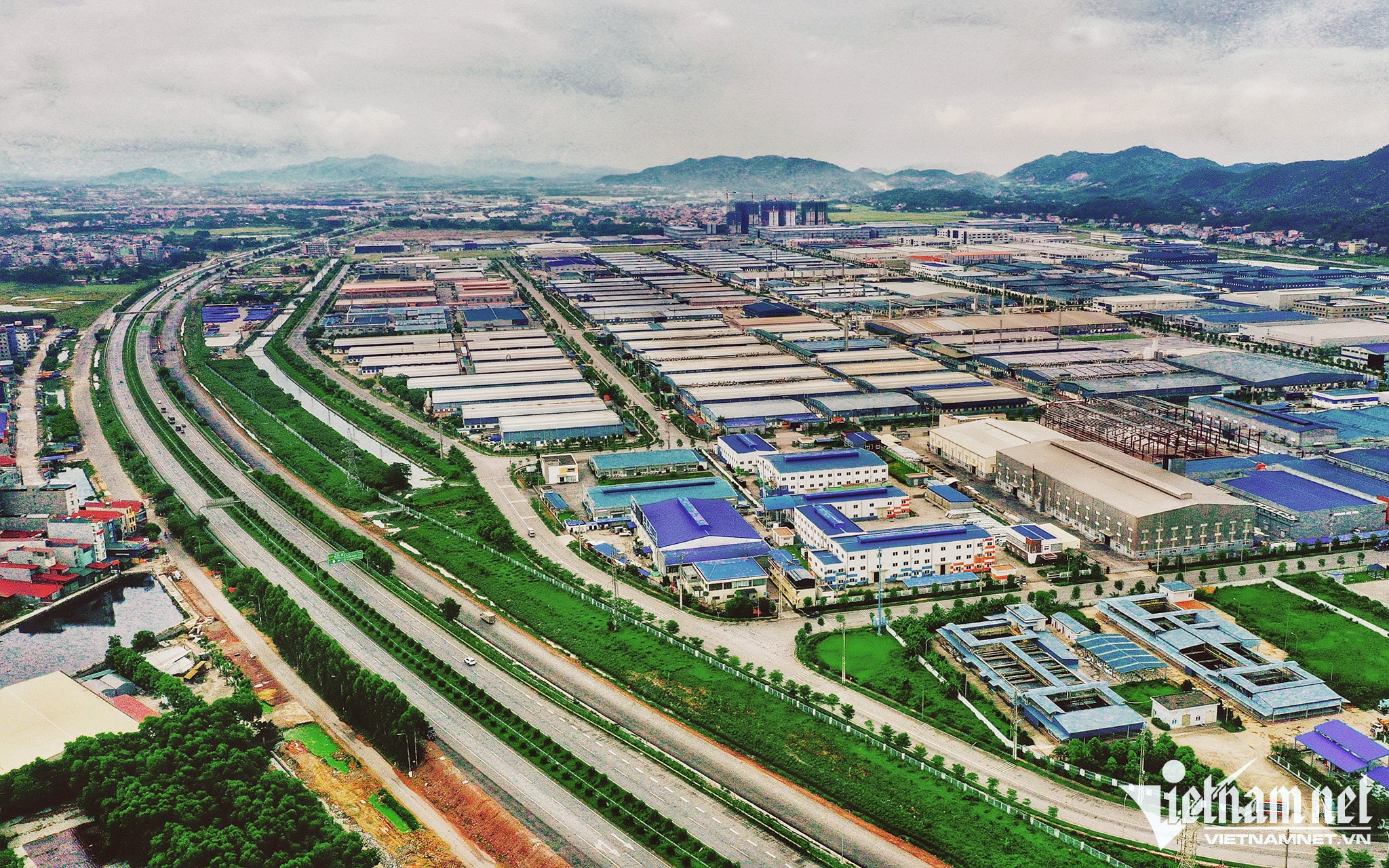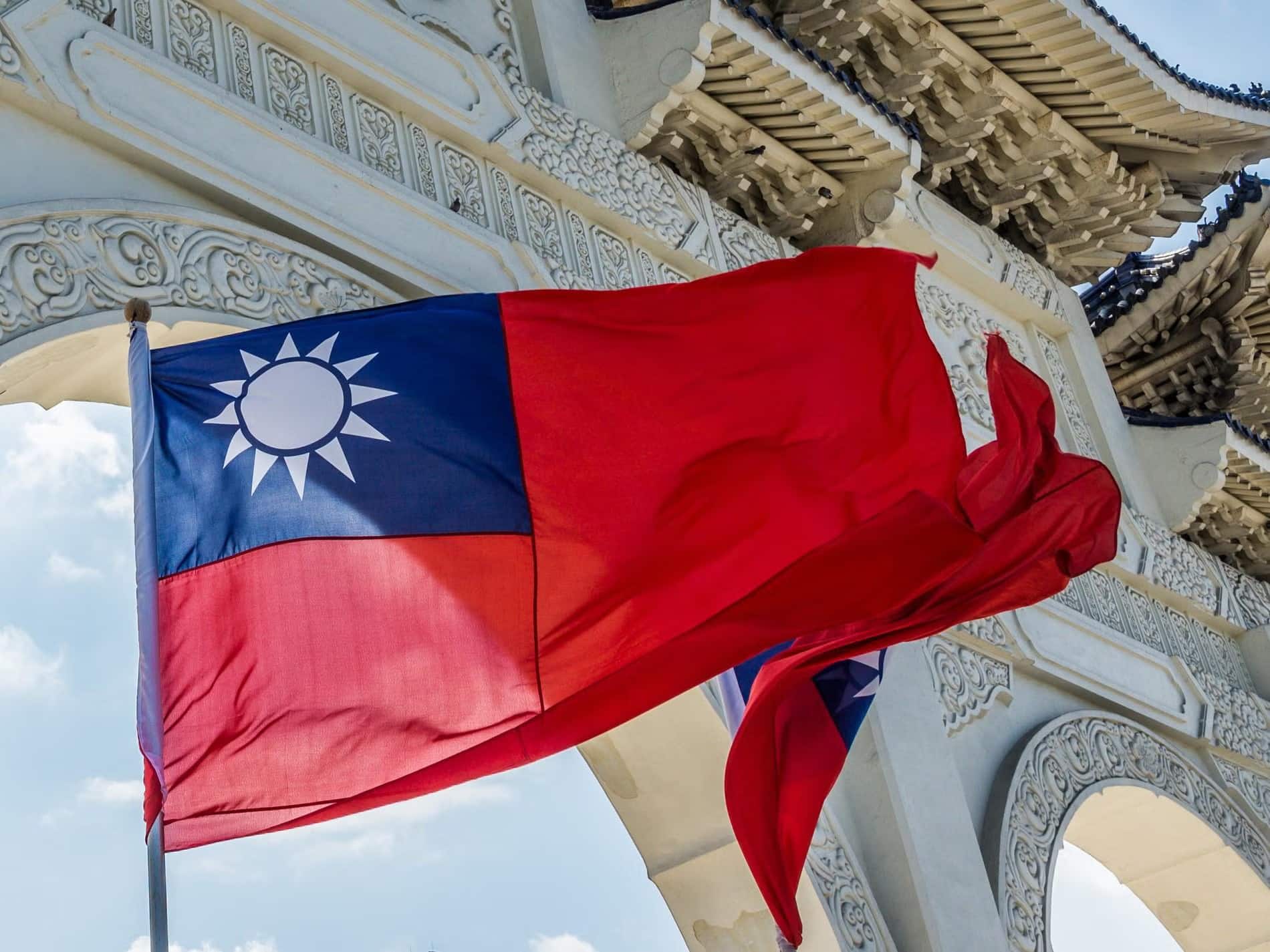With attractive economic growth and breathtaking scenery, Vietnam is an ideal destination for foreign investors, including real estate. However, the legalities of property ownership in Vietnam as a foreigner can be complicated.
That is why this comprehensive guide has been designed to simplify the process by providing explanations on everything from eligibility requirements to ownership limitations. We will look at the different types of properties that foreigners can buy, explain how the purchase process works step-by-step, and address the frequently asked question: can foreigners buy real estate in Vietnam?
Can Foreigners Buy Real Estate In Vietnam?
Many people wondered, “Can foreigners buy land in Vietnam?”
Yes. While foreign ownership of land in Vietnam is prohibited, foreigners can invest in real estate entities connected to land through leaseholds. These entities, such as apartments or villas within developments, come with long-term lease agreements, typically lasting for decades.
What kind of real estate are foreigners allowed to purchase in Vietnam?
While foreign ownership of real estate in Vietnam is possible, there are limitations on the types of properties and the extent of ownership.
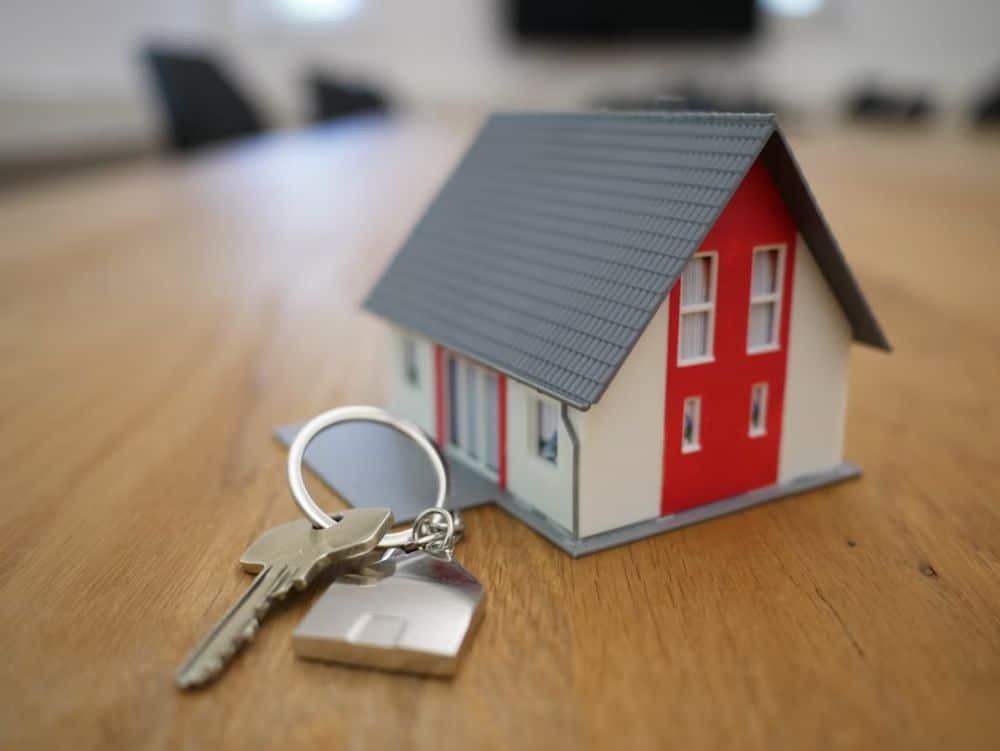
– Apartments: Foreigners are allowed to buy units located in buildings with full-term leasehold rights ranging from 50-70 years.
– Landed Properties: Foreigners cannot directly own land in Vietnam. However, they can purchase the property itself on a long-term leasehold, typically lasting up to 70 years. Lease extensions are possible upon agreement with the landowner.
– Industrial Real Estate: Can foreigners buy real estate in Vietnam for commercial purposes? Yes, with some restrictions. Foreigners looking to invest in Vietnam’s growing industrial sector can also purchase industrial real estate like warehouses and factories. Similar to landed properties, foreign ownership of the land is not permitted. However, foreigners can acquire ownership of the structures themselves through a leasehold agreement. The Vietnamese government offers various incentives to attract foreign investment in industrial zones, making this a potentially lucrative option.
Limitations Applied to Foreigners When Purchasing Industrial Real Estate.
Vietnamese property ownership for foreigners has some key distinctions. While they can’t directly own land, foreigners have options for owning buildings on leased land.
– Land tenure: Individual Ownership: Foreigners can purchase apartments in designated commercial housing projects and hold ownership for 50 years, with a possibility of renewal after the initial term. This ownership is documented by a Pink Book.
– Marriage Advantage: Marrying a Vietnamese citizen grants a foreigner freehold tenure, meaning they can own property outright like a Vietnamese citizen.
– Company Ownership: Foreign companies can own property as long as their investment project lasts. The exact timeframe will be detailed in their official investment certificate.
– Purchase limit: Foreigners can buy a maximum of:
+30% of apartments in one condominium complex.
+10% of houses are in residential projects.
+A maximum of 250 houses in a specific ward-sized area.
In areas where the foreign ownership quota is full, foreigners receiving property through inheritance are entitled to the property’s value, not the house itself.
Foreign property ownership comes with a 50-year leasehold tenure. Renewal applications can be submitted three months before expiry, and property can be sold or bequeathed during this period. If not renewed or sold by the deadline, the property will be converted to state ownership.
How To Buy Real Estates in Vietnam as A Foreigner
Foreigners can purchase real estate in Vietnam; it sounds great but also calls for additional information. Here, we would like to focus more on the Vietnamese Process of buying a house.
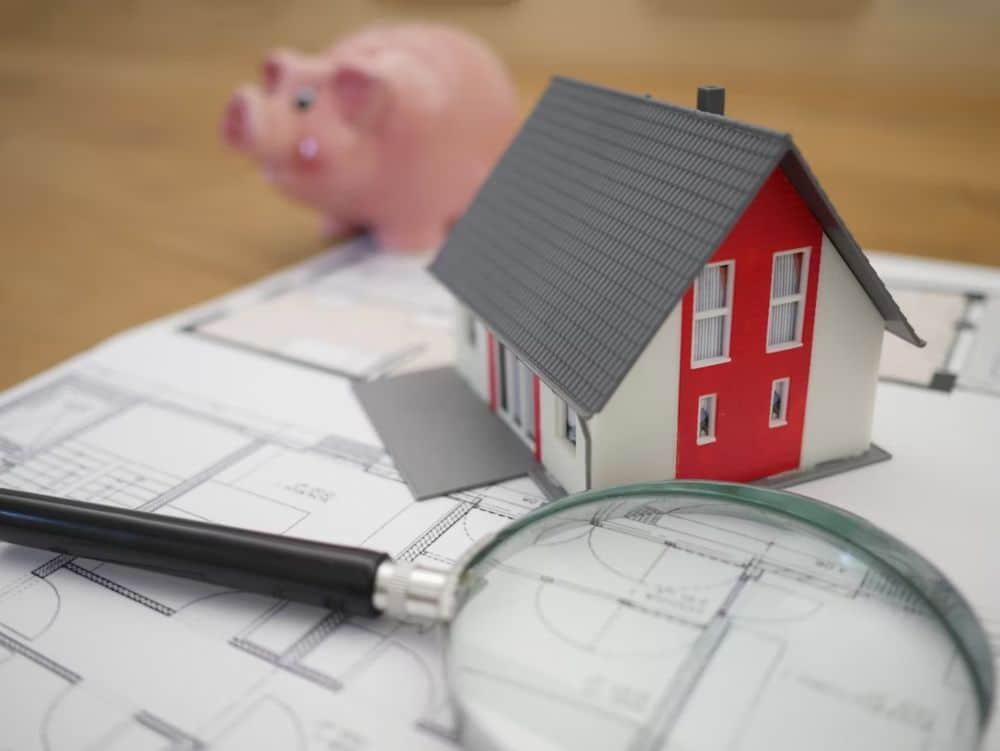
– Factors of purchasing an industrial property in Vietnam
+ Accessibility: Proximity to transportation infrastructure is a major factor in this case. Ideally, the property should be situated close to major highways, ports, or airports that would enable an efficient flow of goods and materials. Additionally, it is vital for there to be a ready pool of skilled labor within the area. Factors like proximity to technical universities or industrial zones can ensure a readily available talent pool to support the specific needs of the manufacturing facility.
+ Procedures and Legal Paperwork: Vietnamese regulations require investors and businesses wishing to lease land for commercial purposes, services, domestic investment projects, or foreign capital projects to undergo certain procedures. These include a formal application for a land lease, obtaining an investment registration certificate, signing a land lease agreement, and finally making a deposit under the established regulations.
+ Operating and Maintenance Costs: In addition to the initial purchase price tag, foreign investors must also consider the other cost implications of running and maintaining an industrial property in Vietnam. This will include property taxes as well as utility bills, including waste disposal fees and security measures. The cost of maintenance of buildings/repairs should also be taken into consideration, along with any possible renovations that will lead to special production needs on the site.
– Process of purchasing an industrial property in Vietnam:
+ Search and Pick Your Property: Foreigners entering the Vietnamese industrial property market should initiate the process by conducting thorough research. This includes identifying suitable locations based on proximity to transportation links, raw materials, and utilities. Evaluating the property itself is also crucial, as well as ensuring it aligns with your development goals and adheres to zoning regulations.
+ Agree on a Sale with the Developer: Once a good property is identified, negotiations with the developer will begin. This stage involves a careful evaluation of the draft SPA, which ought to include the responsibilities of the developer and any warranties offered.
+ Certify the Agreement at a Notary: Following the finalization of the SPA, both parties must convene at a Vietnamese notary public to formally certify the agreement. This step validates the contract and serves as a critical record of the transaction. Foreigners are advised to have a certified translator present during the notarization process to ensure clear comprehension of the Agreement’s terms.
Read more: Comprehensive Guide to Buying Properties in Vietnam
Conclusion
We hope you have found the answer to the question, “Can foreigners buy real estate in Vietnam?” The Vietnamese real estate market offers exciting opportunities for foreign investors. As we explored, foreigners can indeed acquire property in Vietnam, with clear regulations ensuring a smooth transaction process.

For anyone interested in understanding complex issues related to Vietnamese real estate, particularly within the industrial sector, Savills Vietnam, a leading industrial real estate agency, stands ready to assist you. Contact our experienced team today to discuss your specific requirements and unlock the full potential of your Vietnamese real estate investment.
FAQs
This section addresses frequently asked questions (FAQs) regarding foreign ownership of real estate in Vietnam.
How Much Time Can A Foreigner Own Real Estate For?
In Vietnam, foreign individuals hold property rights for a maximum of 50 years from the issuance of the ownership certificate.
How long are foreigners allowed to own real estate?
While foreign ownership of Vietnamese real estate grants property rights for 50 years, these rights are renewable upon lease expiration.
Are foreigners able to sell Vietnamese properties?
Yes. Vietnamese legislation permits foreign property owners to divest their holdings through sales to eligible domestic or international buyers.




